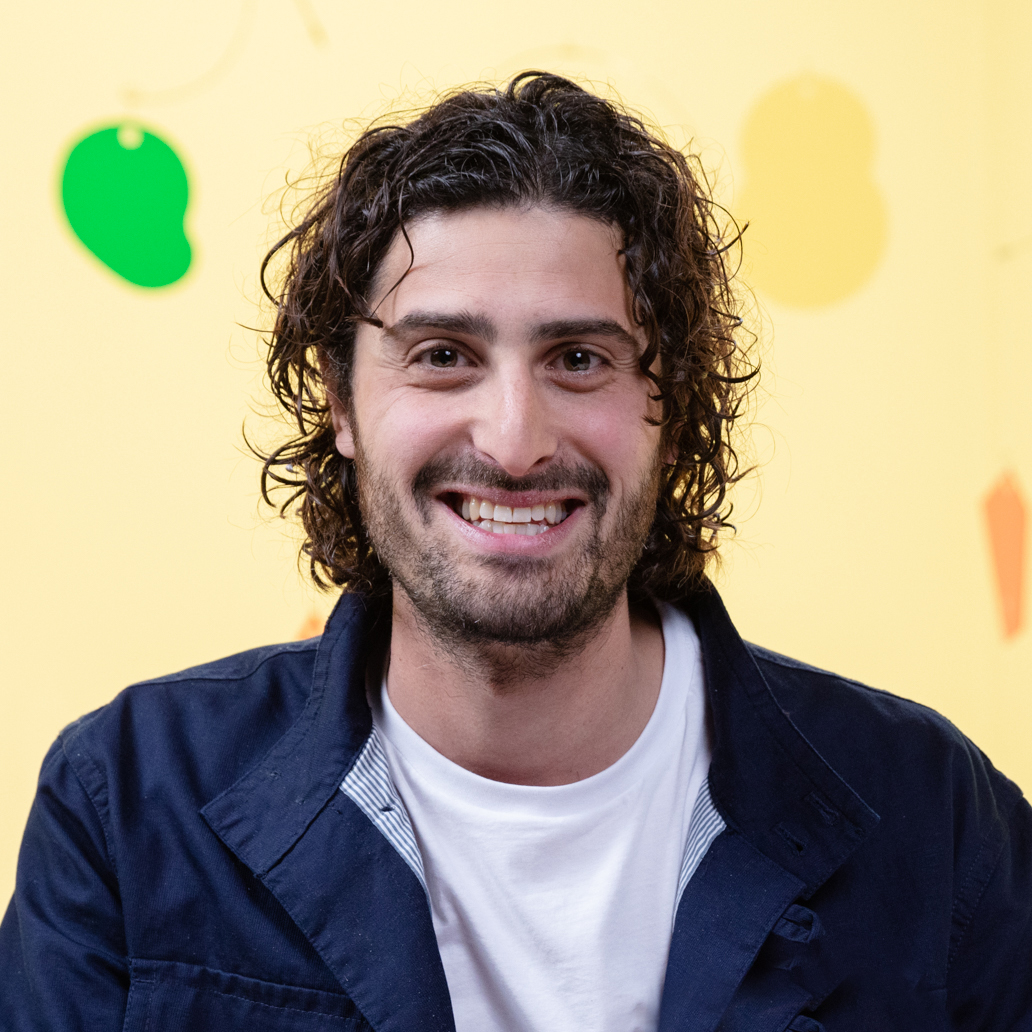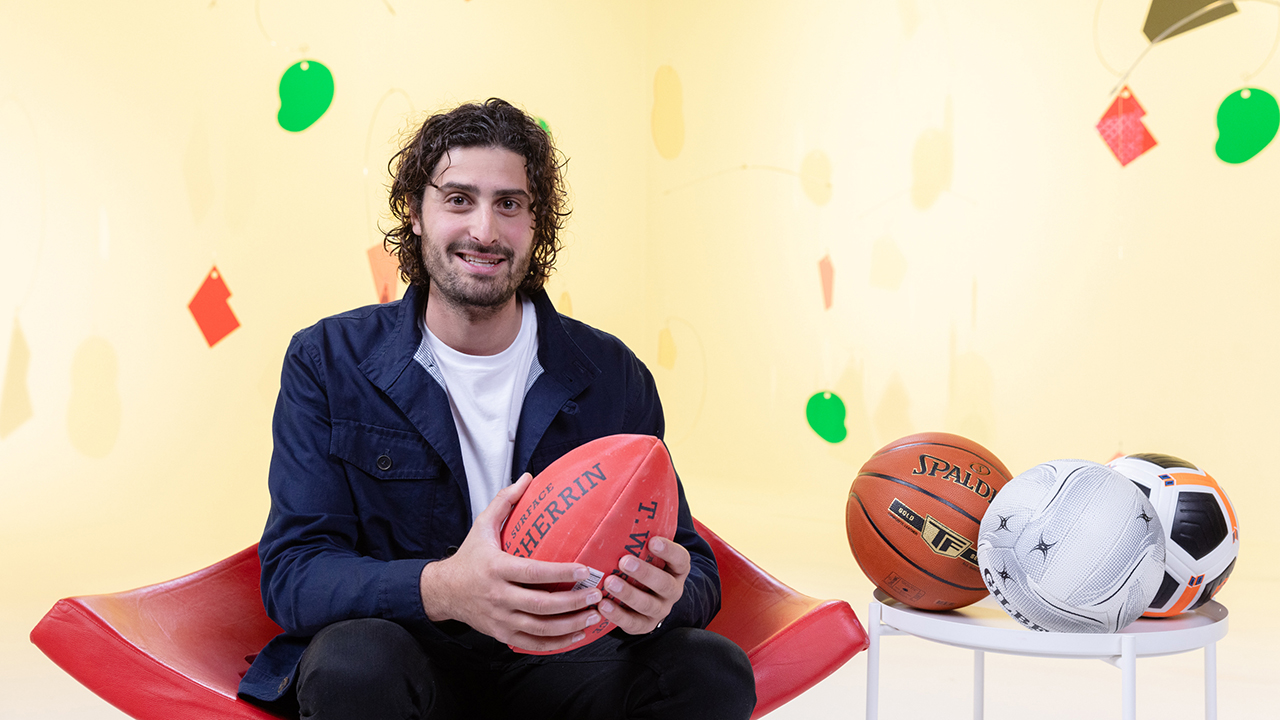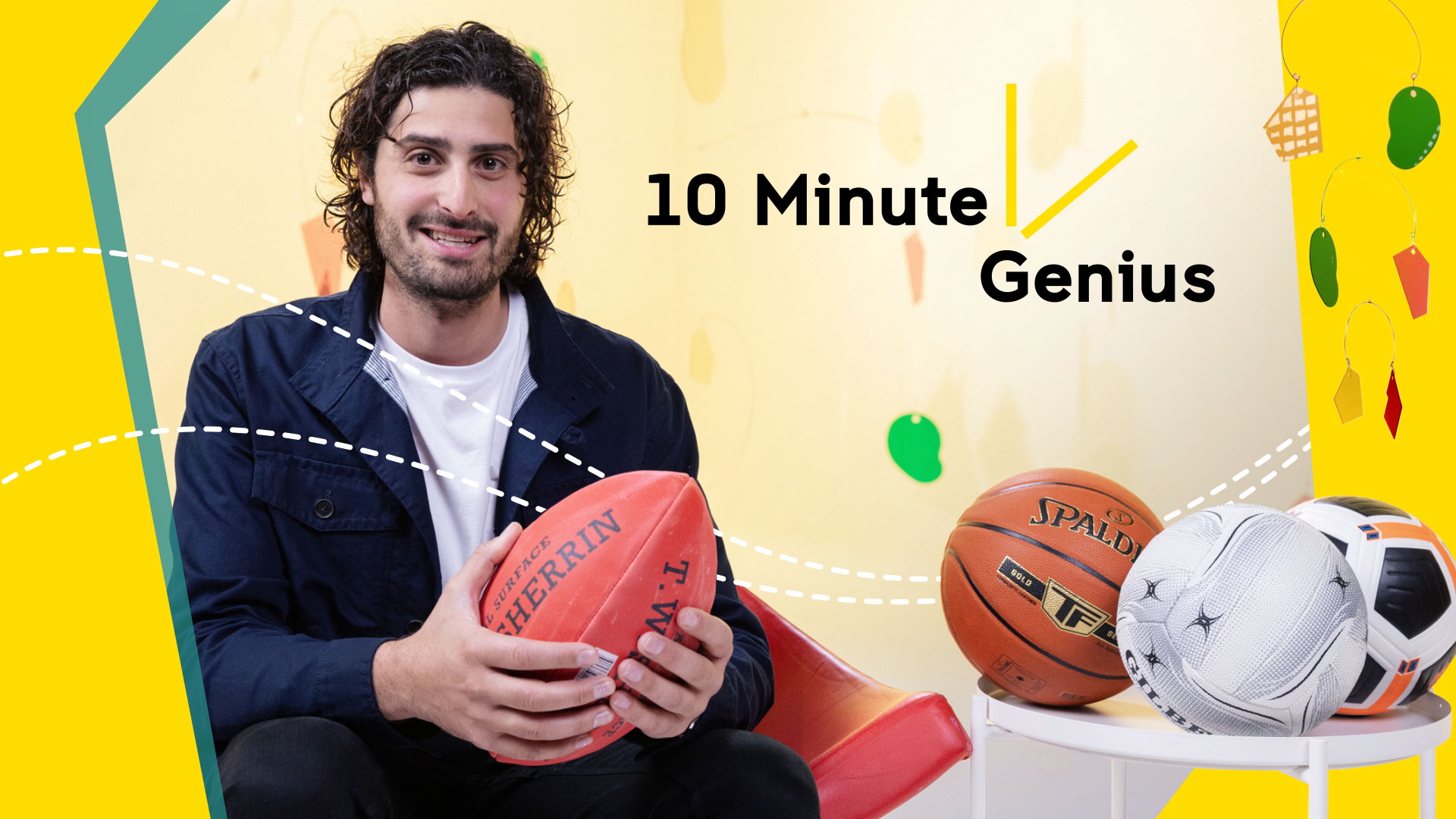Simon Rosenbaum | Exercise is a Human Right
It’s our responsibility to create opportunities that match the needs of the people we are trying to reach through exercise.
It’s well known that regular exercise has huge benefits for physical and mental health. Unfortunately people who stand to benefit the most from physical activity are the least likely to have access – such as those who are refugees, and who have complex mental health issues or have suffered major traumas. While for some of us the right exercise feels like a no brainer, we forget the range of obstacles that stand in the way of the more vulnerable members of our community – exercise requires access to a gym or green space, the appropriate sporting clothing and footwear, a safe and accessible environment and recreational time, and often the most difficult hurdle is finding the will to get out of bed. Our ability to move is hugely impacted by the environments in which we live and work. It’s proven regular exercise can reduce symptoms of a range of mental health conditions such as depression, anxiety and schizophrenia – which is why we must make physical activity or exercise accessible and safe for the most vulnerable communities.
In 10 minutes or the length of time it takes to speed walk a kilometre, Scientia Associate Professor Simon Rosenbaum will explain why exercise should be considered as a treatment for mental health.
ABOUT 10 MINUTE GENIUS
In this sprawling digital age where a universe of information is accessible within seconds, it's easy to be paralysed by the simple question of where to begin.
Introducing: Ten Minute Genius, a series of short talks designed to create a space in which you can engage with new ideas. We have curated a collection of material scientists, philosophers and maths lovers to help you make some sense of this chaotic information vortex. And because you’re busy, all we ask of you is just ten minutes.
Transcript
UNSW Centre for Ideas: Welcome to the UNSW Centre for ideas podcast – a place to hear ideas from the world's leading thinkers and UNSW Sydney's brightest minds. The talk you're about to hear forms part of the 10 Minute Genius series, a curated collection of UNSW thinkers, dreamers and envelope pushers, helping you make some sense of the relentless information vortex in which we live. In under 10 minutes, or the length of time it takes to speed walk a kilometre, exercise physiologist Simon Rosenbaum will explain why exercise should be considered as a treatment for mental health.
Simon Rosenbaum: Health is a universal human right. We know that exercise is intricately linked to our physical health but increasingly there's overwhelming evidence for the relationship between physical activity and how we feel for good mental health. I've spent 10 years studying how we can help people who face the greatest number of barriers to being physically active to do so in a way they enjoy so that everyone can reap the benefits associated with moving our body. I'm Simon Rosenbaum. I'm an exercise physiologist. But I'm far more interested in how exercise makes us feel compared to how it makes us look, what I'm going to tell you in under 10 minutes is something that's taken me years of research, but it's something that can benefit everyone from Bondi Beach through to Bangladesh.
The first thing that comes to mind for many people when I mentioned exercise physiology is a gym. Now the gym is a great example to explain what I mean when I say that exercise is a privilege. To go to the gym, we need a lot of things that not everyone has access to, we need financial capital so you have to be able to afford the membership or the cost of the class. We need social support so a friend go with a family member to babysit, we also need to have recreational time something a lot of us don't have time out from work caring and other responsibilities. We need a culturally and psychologically safe environment one where we don't feel threatened or unsafe. Not to mention we need the right clothing and that includes sneakers, which is something that many of us take for granted and if we're missing any one of these things, it can prevent someone from being able to go to the gym or participate in exercise.
If you have poor mental health, you might feel even less like exercising regardless of the benefits and if you are among the one in five Australians experiencing mental health challenges, then you likely face even greater barriers to getting moving. My career as an exercise physiologist began not as a sports club or a mainstream gym as I anticipated, but at a mental health facility in a ward that specialised in treating people with post traumatic stress disorder or PTSD. Now the benefits of physical activity on a health a well known regular activity reduces risk of disease and is beneficial for improving and maintaining mental health and given how much evidence there is to support this, I wondered why the gym at this hospital was completely underutilised.
Why wasn't exercise prescribed and physical activity incorporated into the treatment programme that people being treated for post traumatic stress disorder? And I wondered what might happen – if just like talking – therapy patients were provided with the right level of support that they needed in order to be able to move their mood. Physical activity can reduce symptoms of a range of mental health conditions, depression, anxiety, substance use disorders and schizophrenia but unsurprisingly, what I saw at the hospital was that those who were most unwell, needed the most support to be able to exercise.
If people are struggling to get out of bed. The last thing on your mind is exercise and in fact, having someone like me telling you otherwise can make people feel worse but with the right support exercise as part of treatment can enhance recovery. Incremental slow progress can have big impacts on mental and physical well being and we don't have to be running five kilometres or lifting heavy weights to see a positive change. Over time, we transformed the gym environment into a place that was abuzz with activity and transformation also occurred in the people I was working with. The change wasn't merely physical, increasing activity through visiting the gym also had a positive impact socially, and on emotional well being. Seeing the positive impact that physical activity could have on people who experience severe trauma allow me to look at my discipline and its potential applications through new eyes. This new perspective meant that a simple photo would change the course of my life and my career and that photo was of refugees playing sport in a camp on the other side of the world and the person who showed it to me was a psychotherapist called Shaun Nimrod, who had been working with the Rohingya refugees in Bangladesh. He was a group of people who had been displaced and were experiencing ongoing traumatic circumstances, but it would made sport a central part of their everyday lives. This led me to ask was sport a strategy for improving mental health even in such a challenging context? What were the motivations are the barriers these people who were forced to flee their homes faced to participate in physical activity in their day? And I was on my way to Cox's Bazar refugee camp in Bangladesh to find out.
A visible example of physical activity in the refugee camp is soccer, from kids kicking the ball to each other to adult men's soccer team who played regular matches against each other, and also local men from the host community and speaking to these men about the positive impact of sport, they would often mention this idea of tension and tension is a way that many of the Rohingya refugees would describe what we might call stress or anxiety. They told us that sport was something that helped them release tension, and describe how it provided relief as a way to cope with lack of control. They had over many other aspects of their lives living in a refugee camp. When new people arrived at the camp, the soccer team would hand out registration forms to the men and ask them to join the team and the forms included a question about blood type and when we ask why they explained that in the case of an emergency, this meant the soccer team could provide blood. So clearly, this team wasn't only about entertainment and personal well being, but it gave an opportunity for social connection for bonding and for community leadership.
But physical activity isn't just about sport and it was speaking to the women of the camp that really brought home the importance of asking who isn't in the picture, less visible than the men and children playing sport and kicking balls outdoors is what life is like inside the home for many women. In interviews with Rohingya women, they explained to us how life can be even harder for them based on their gender. While the homes they had come from were forced to flee had enough space for women to enjoy indoor exercise. Their homes in the camp are often too small and cramped for this to happen. Some women had started going on early morning walks together as a group before the men in camp had woken up and for us, this was a reminder that we cannot just tell people the benefits of activity but we have to ensure that we work to remove barriers and develop solutions that are culturally aligned and help people be physically active. Although I'd gone to the camp because of photos of men kicking a ball. What I learned from the women, not in the photo was perhaps the most important lesson for my ongoing work here in Australia with people from a refugee background. We know people who stand to benefit the most from physical activity are the least likely to have access. Their ability to move is impacted by what we call social determinants or the conditions in which people live, work and play and it's our responsibility to create opportunities that match the needs of the people we are trying to reach through exercise programmes.
Refugees in Australia experienced the ongoing impacts of trauma and mental health challenges. With that in mind, we've been working alongside the refugee community to co-develop an exercise hub for people from a refugee and asylum seeker background here in Sydney, at the Addison road Community Centre, and we've called it Addie moves, now we're calling it a knock gym. This isn't a gym, but it's a place that will provide people with the space and resources they need to enjoy physical activity in an inclusive environment. We're starting by focusing on women given the lack of affordable psychologically and culturally safe exercise spaces that are currently available. It's run by people from the community alongside professionals with expertise in physical activity working together. My hope is that in the future, we will see physical activity incorporated more widely to how we support not only people from a refugee background, and others who have experienced trauma, but the entire community. Our physical and mental health are interrelated. They benefit and impact each other but often physical activities are missing part of the equation. So whatever it is that gets you moving, I encourage you to do so if not for your muscles for your mind. Exercise shouldn't be a privilege when our health is a human right.
UNSW Centre for Ideas: Thanks for listening. For more information, visit centreforideas.com and don't forget to subscribe wherever you get your podcasts.

Simon Rosenbaum
Simon Rosenbaum is an academic exercise physiologist and Scientia Associate Professor in the Discipline of Psychiatry and Mental Health, UNSW Sydney. Simon’s research focuses on physical activity, trauma and mental illness, including physical physical health consequences of mental illness. Simon has published >230 peer-reviewed publications. He is the President of the Australasian Society for Traumatic Stress Studies, co-chair of the Olympic Refuge Foundation Think Tank on sport and humanitarian settings, and an Associate Editor of the journal, Mental Health and Physical Activity. Simon has supported research and capacity building iniatives in Bangaldesh, India and Nigeria.

